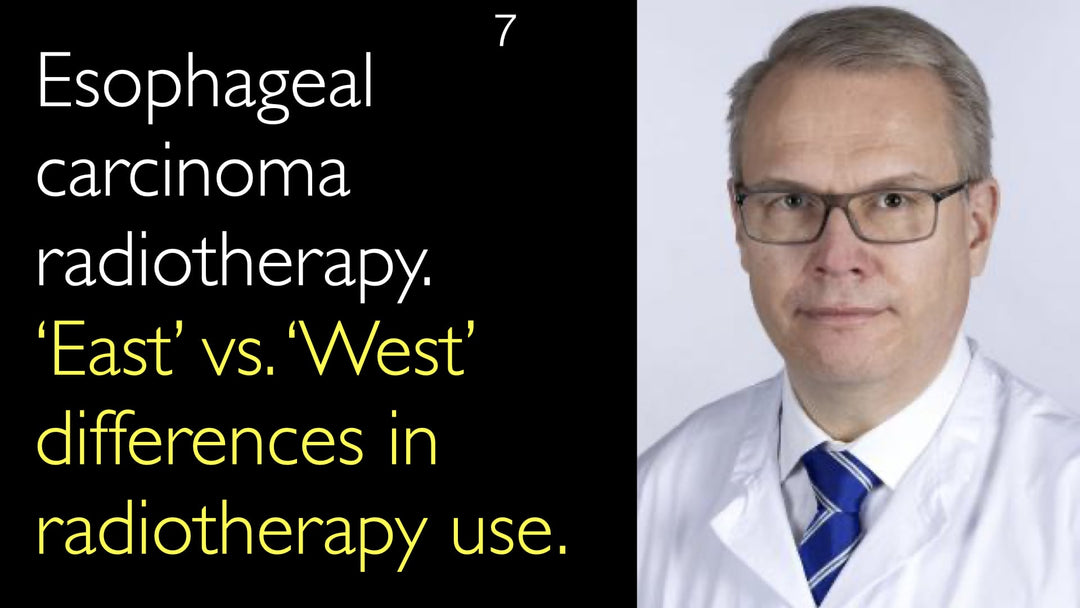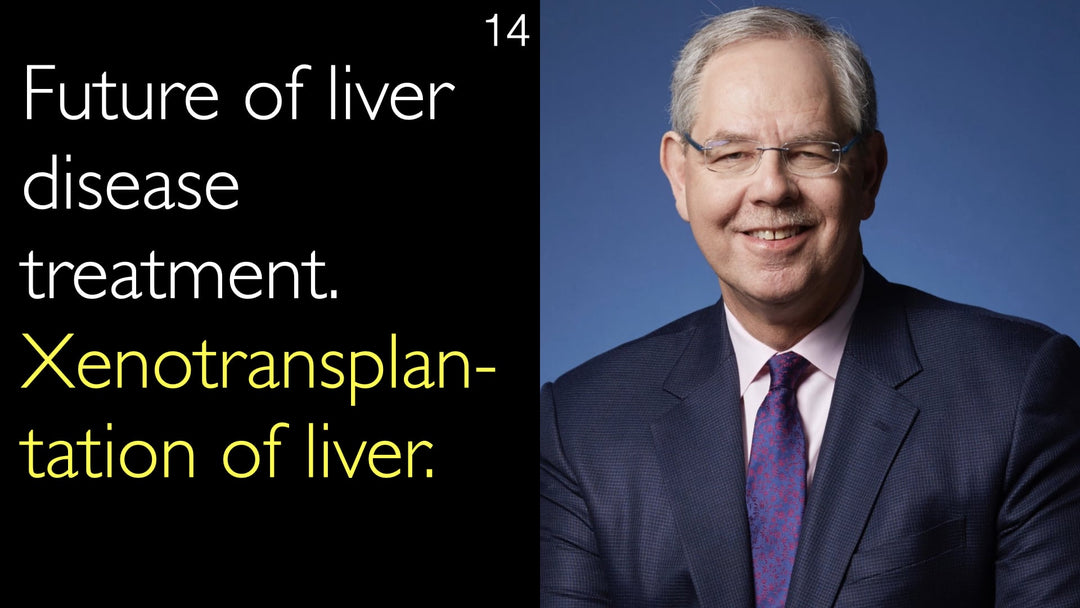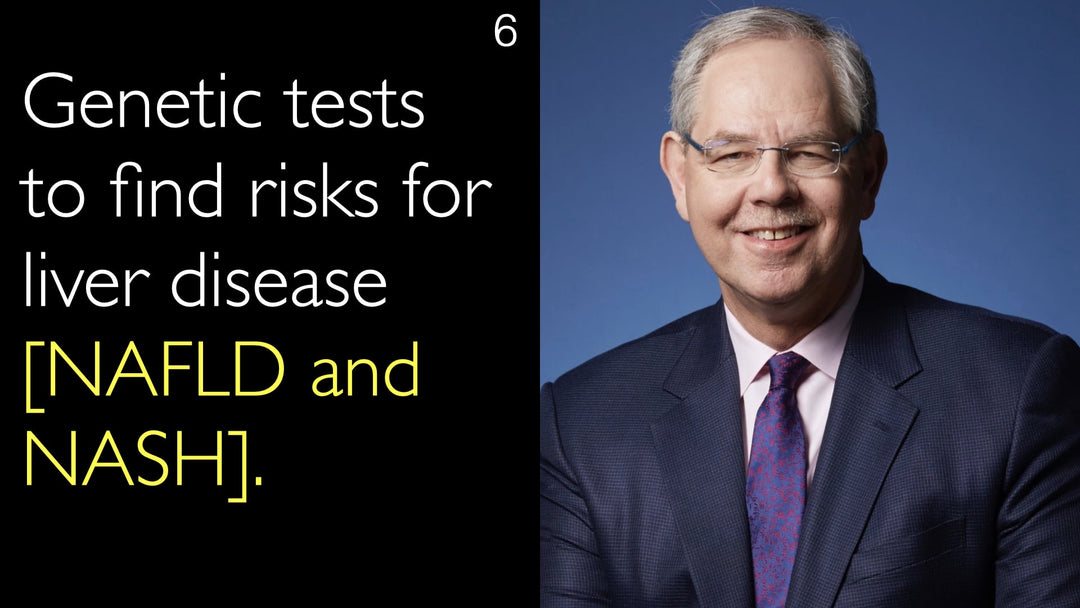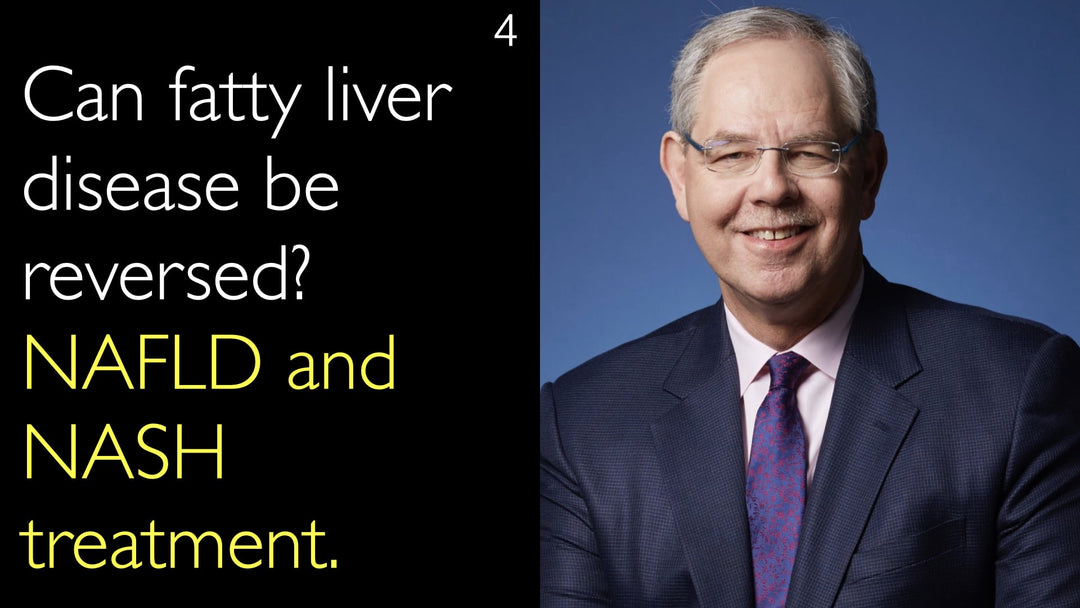Dr. Jari Rasanen, ein führender Experte für die Behandlung von Speiseröhrenkrebs, erläutert die umstrittene Rolle der Strahlentherapie beim Ösophaguskarzinom. Er hebt die erheblichen Unterschiede in den Behandlungsprotokollen zwischen westlichen und östlichen Ländern hervor und klärt die Debatte zwischen neoadjuvanter Chemostrahlentherapie und alleiniger Chemotherapie. Abschließend skizziert er die spezifischen institutionellen Richtlinien für Adenokarzinome im Vergleich zu Plattenepithelkarzinomen.
Optimale neoadjuvante Therapie bei Ösophaguskarzinom: Radiochemotherapie versus Chemotherapie
Direktnavigation
- Strahlenherapie bei Ösophaguskarzinom
- Neoadjuvante Behandlung bei Adenokarzinom
- Therapieansätze bei Plattenepithelkarzinom
- Ost-West-Behandlungsunterschiede
- Institutionelle Behandlungspolitiken
- Vollständiges Transkript
Strahlenherapie bei Ösophaguskarzinom
Dr. Jari Rasanen, MD, erörtert die komplexe Rolle der Strahlentherapie in der Behandlung von Ösophaguskarzinomen. Er erklärt, wie sich die Strahlentherapie in das umfassendere Behandlungsschema einfügt, das Chemotherapie und Chirurgie umfasst. Die Integration der Strahlentherapie bleibt ein bedeutendes Diskussionsthema unter Onkologieexperten weltweit.
Neoadjuvante Behandlung bei Adenokarzinom
Die optimale neoadjuvante Behandlung des ösophagealen Adenokarzinoms ist Gegenstand einer anhaltenden klinischen Kontroverse. Dr. Jari Rasanen, MD, verweist auf die niederländische CROSS-Studie, die einen signifikanten Nutzen der neoadjuvanten Radiochemotherapie für Patienten belegt. Gleichzeitig weist er darauf hin, dass britische Studien vergleichbare Ergebnisse mit alleiniger Chemotherapie zeigen, was in westlichen Medizingemeinschaften weiterhin debattiert wird.
Therapieansätze bei Plattenepithelkarzinom
Bei der Behandlung von Plattenepithelkarzinomen des Ösophagus besteht in westlichen Ländern ein klarerer Konsens. Dr. Jari Rasanen, MD, stellt fest, dass sich westliche medizinische Einrichtungen einheitlich auf die Radiochemotherapie als optimale neoadjuvante Behandlung für diesen Karzinomtyp festgelegt haben. Dieser Konsens spiegelt etablierte Behandlungsrichtlinien in westlichen Onkologiezentren wider.
Ost-West-Behandlungsunterschiede
Die Strahlentherapieprotokolle für Ösophaguskarzinome variieren erheblich zwischen verschiedenen geografischen Regionen. Dr. Jari Rasanen, MD, betont, dass östliche Länder, insbesondere Japan, beim Plattenepithelkarzinom eine alleinige neoadjuvante Chemotherapie bevorzugen. Dies steht im deutlichen Gegensatz zu westlichen Ansätzen und zeigt, wie regionale Forschung und klinische Erfahrung internationale Behandlungsunterschiede prägen.
Institutionelle Behandlungspolitiken
Einzelne Institutionen entwickeln spezifische Behandlungspolitiken basierend auf ihrer Interpretation klinischer Evidenz. Dr. Jari Rasanen, MD, erläutert, dass seine Einrichtung für ösophageale Adenokarzinome ein Protokoll mit alleiniger Chemotherapie verfolgt, was mit bestimmten Studienergebnissen übereinstimmt. Bei Plattenepithelkarzinomen setzen sie hingegen Radiochemotherapie ein, was den westlichen Konsens zur optimalen Behandlung dieses Subtyps widerspiegelt.
Vollständiges Transkript
Dr. Anton Titov, MD: Welche Rolle spielt die Strahlentherapie in der Behandlung von Ösophaguskarzinomen? Wie fügt sie sich in den Prozess aus Chemotherapie, neoadjuvanter Chemotherapie und Chirurgie ein?
Dr. Jari Rasanen, MD: Dazu gibt es unterschiedliche Auffassungen.
Dr. Anton Titov, MD: Was ist die optimale neoadjuvante Behandlung beim Adenokarzinom des Ösophagus?
Dr. Jari Rasanen, MD: Die sogenannte CROSS-Studie (Chemoradiotherapie für Ösophaguskarzinom gefolgt von Chirurgie-Studie) einer niederländischen Gruppe belegt, dass Patienten signifikant von einer neoadjuvanten Radiochemotherapie profitieren. Andererseits zeigen überwiegend britische Studien, dass sich mit alleiniger neoadjuvanter Chemotherapie vergleichbare Ergebnisse erzielen lassen.
In westlichen Ländern herrscht Einigkeit darüber, dass beim Plattenepithelkarzinom des Ösophagus die Radiochemotherapie die optimale neoadjuvante Behandlung ist. In östlichen Ländern wie Japan hingegen gilt die alleinige Chemotherapie als beste neoadjuvante Option für Plattenepithelkarzinome.
Es besteht also große Uneinigkeit über die optimale Behandlung. Dennoch sind sich in westlichen Ländern alle einig, dass beim Plattenepithelkarzinom primär eine Radiochemotherapie eingesetzt werden sollte.
Die Bedeutung der Strahlentherapie bei anderen Formen des Ösophaguskarzinoms ist sehr umstritten. Beim westlichen Typ des Adenokarzinoms wird typischerweise keine Strahlentherapie durchgeführt.
Der strahlentherapeutische Ansatz hängt davon ab, ob man den niederländischen Studien oder denen aus dem Vereinigten Königreich folgt. Es gibt sicherlich Gruppen, die beim Adenokarzinom eine neoadjuvante Radiochemotherapie durchführen. Andererseits verabreichen viele Einrichtungen nur eine Chemotherapie.
An unserer Institution orientieren wir uns stärker an früheren Studien. Daher ist es unsere Politik, beim ösophagealen Adenokarzinom nur Chemotherapie und beim Plattenepithelkarzinom Radiochemotherapie einzusetzen.







